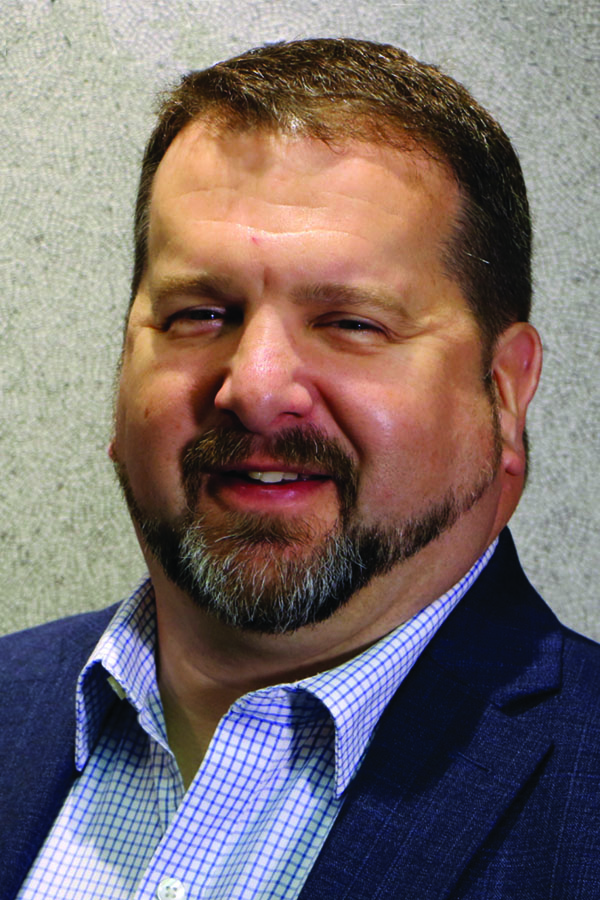
I want to spend a couple of weeks fleshing out thoughts on what helps lead to real change building on the ideas of relate, repeat, and reframe.
This week I want to explore the idea of Relate: new communities. People who changed experienced change because of their connection to new groups of people.
Change in our lives typically requires help from others and those others are often new influences. The person who has lost weight usually found themselves with new relationships with healthier folks who helped reinforce new attitudes and behaviors around exercise, nutrition, fitness and healthy living. People who get sober usually do so with the support of the relationships of others who have made the same journey and encourage them to embrace change. People who learn a new skill like a musical instrument often have other folks in their lives who have helped to teach them, either formally or informally, and encouraged them as they’ve learned to master their craft.
The early disciples were a ragtag group of fishermen, tax collectors and ordinary Jewish young men whose lives were changed when they began spending time with Jesus.
If we want to change, there are probably some new relationships that will be helpful in that journey.
Our movement does not look like it once did in the middle of the 19th century! I think most of us have the theological or spiritual integrity to admit that our present expression of “church” is a far cry from what we witness the book of Acts. I even think it’s fair to say that most of us feel like we’re missing something in our present expression of being the church: we aren’t seeing the fruit we expect from our efforts or we don’t feel like we’re living up to what the Scriptures call us to be. We need change.
The journey to change must involve new relationships.
If you want to become a better husband, wisdom would say to seek out someone who models a good marriage and learn from them. If you want to be a better parent, wisdom would say seek out someone who has raised the type of kids you want to raise. If you want to grow in your ability to handle finances wisely, seek out someone who has exhibited financial maturity and learn from them.
What does this look like for the church in North America? In the past we’ve probably asked questions like “who has grown a church?” I think it’s going to take better questions to help guide us to the new relationships to help bring change.
Who is reaching people who are far from God? Who is living in a community that sees the full expression of all God’s gifts for His church: apostle, prophet, evangelist, shepherd and teacher? Who is experiencing the naturally supernatural work of the Holy Spirit on a regular basis? Where is the Kingdom of God breaking in and advancing? Who is making disciples who make disciples?
These types of questions will point us to the people and relationships that we need to seek out to help bring about change in our own lives and ministries.
The people we need in our lives may come from unexpected places. These relationships will probably come from different sources than the typical conferences and seminars that we normally look to for help. We will certainly have to resist the temptation to seek out those who are just like us because the comfort of familiarity is not going to be of help at this point.
These new relationships will probably make us uncomfortable. These new relationships will come from unlikely places: brothers and sisters in other places in the world, brothers and sisters who work from the margins, or perhaps even folks that the Lord is calling us to love and reach who do not share our convictions and beliefs.
Who do you need to seek out to help you to change?
Christ’s Peace,
Lance
CGGC eNews—Vol. 13, No. 36

As a student of the history of the Kingdom of God, it strikes me that Deutschman’s 3 Rs describe the progress of the Kingdom.
Deutschman certainly describes the formation of our body during the “silent years” which ended in the formation of the Church of God Eldership in 1830.
In the case of relating, Winebrenner began to associate with a different group of people. From that group, a new body formed, dynamic change took place, and the Kingdom expanded.
That is, change happened and the Kingdom expanded…
…but not within an old church institution.
Therein is Deutschman’s challenge for us as a church institution.
I believe that, by the grace of God, Kingdom change will happen. In fact, I’m convinced it will.
Change in our churchly institution? That’s not likely…based on the way the Kingdom has normally advanced.
We must repent.